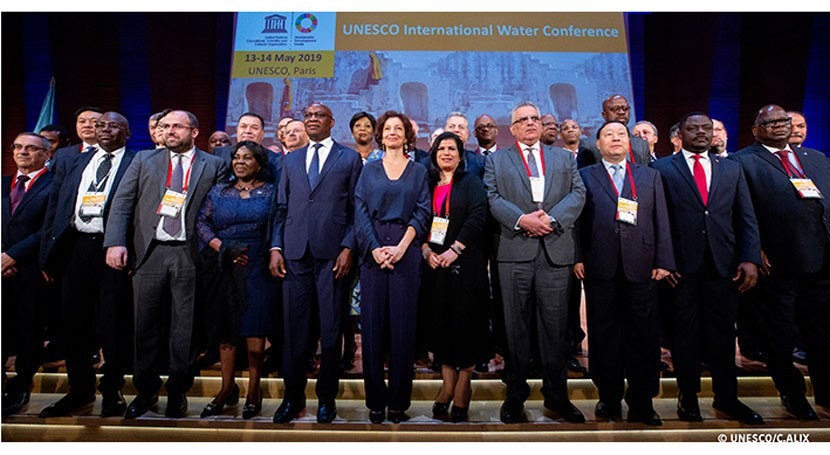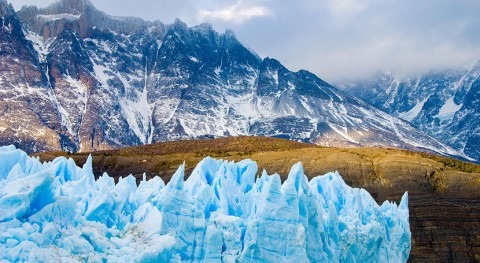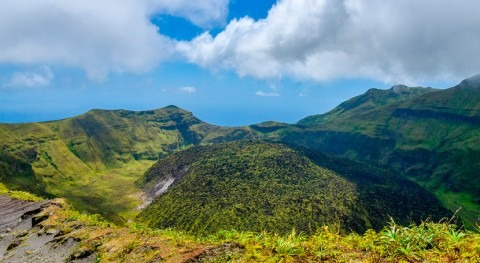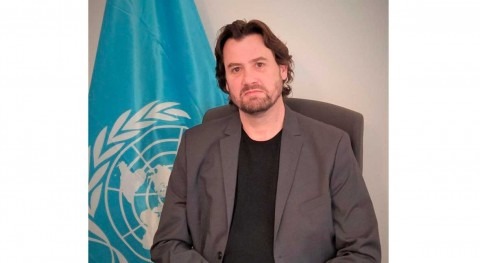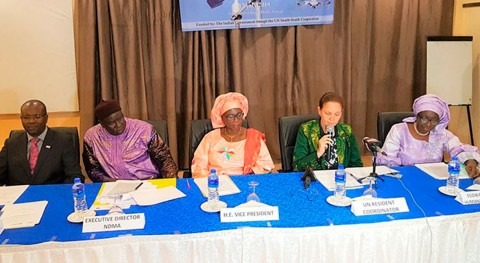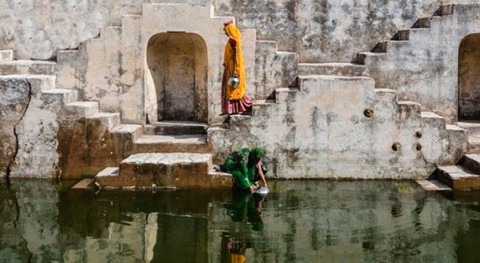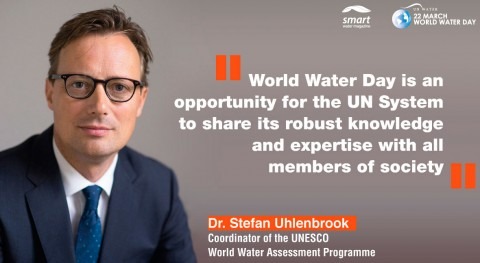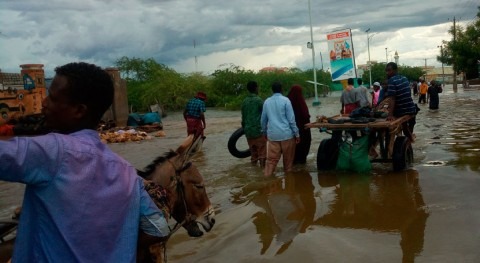How we manage water, bond of life and fragile resource, will define our success in achieving all goals of the 2030 Agenda for Sustainable Development. Access to water is critical to poverty reduction and human health, impacts gender equality, education, and all human activities. Ecosystems and biodiversity depend on water, it provides three-quarters of the world's renewable energy, and globally three-quarters of it is devoted to food production. Sound water management is a challenge that requires a holistic approach, harnessing expertise across disciplines at all levels. The first UNESCO International Water Conference brought together 34 Ministers* and 1,200 experts from 126 countries in order to mobilize the expertise and foster the cooperation needed to meet this challenge.
“I am sure you will all agree that in the challenging years ahead, it is the peaceful and innovative application of science and policy, in a meaningful and understanding cultural context, that will ultimately define our positive development as a global family” said HRH Princess Sumaya bint El Hassan of Jordan, UNESCO Special Envoy for Science for Peace. “UNESCO provides for us all, a nexus of dialogue and engagement, where the concept and practices of water diplomacy and cooperation may transcend the mere transfer of knowledge, to encompass fostering strong partnerships between engaged stakeholders.”
Water cooperation, as a powerful lever for peace and sustainable development, was a central theme for this first edition. When discussing their experience of mechanisms to manage shared water resources, Member States’ representatives stressed the need for a strong political will for dialogue and cooperation to create effective tools and measures for implementation. They highlighted that such mechanisms must be supported by an improved knowledge-base of water resources and capacity-development to further technical knowledge on this vital resource. They also called for more scientific dialogue between riparian countries of a shared basin and basins across the world.
Noting UNESCO’s long-standing experience in fostering water cooperation, they remarked that the Organization could provide a platform for such multidisciplinary dialogues, as it is uniquely placed to foster solutions based on intersectoral cooperation combining, through its mandate, the sciences, education, culture, communication and information sharing.
Over two days, the participants shared their experience and solutions on many aspects of water management, including ethics, natural hazards and disaster risk management, cultural heritage, gender equality, research and technological innovation. A summary report of each thematic panel will share the recommendations of the relevant dialogues and discussions.
"Promoting water security and sustainable peace were at the heart of the conference's ambitions” said Mr. Xing Qu, UNESCO Deputy Director General, in his closing remarks. “Today we call for a fundamental shift in the way we look at water. This International Water Conference, convened by the Director-General of UNESCO, calls for a trans-sectoral approach to water that will lead us to achieve the 2030 agenda and its 17 Sustainable Development Goals and related targets. The UNESCO Secretariat commits to fostering collaboration between its sectors towards sustainable water security and peace.”
The Conference was organized by UNESCO, with support from the Global Energy Interconnection Development and Cooperation Organization (GEIDCO), the Syndicat interdépartemental pour l'assainissement de l'agglomération parisienne (SIAAP), the Regulation Agency for Water, Energy and Sanitation Services of Federal District of Brazil (ADASA) and the magazine Techniques Sciences Méthodes.


